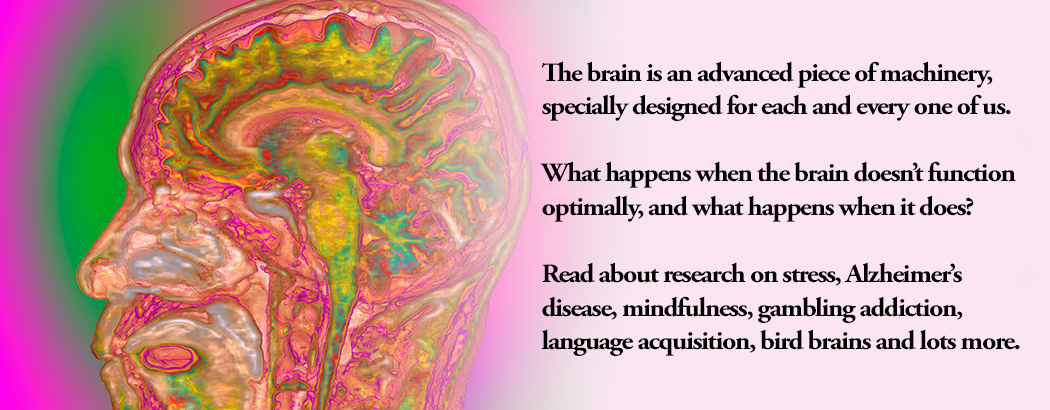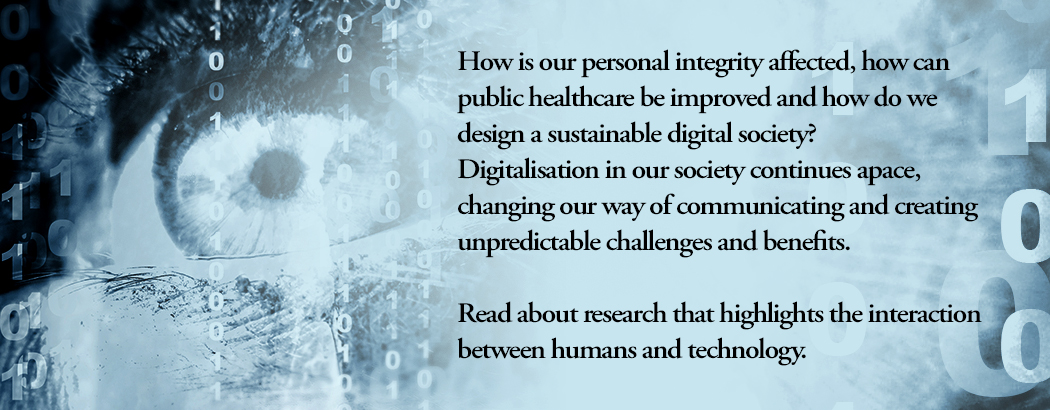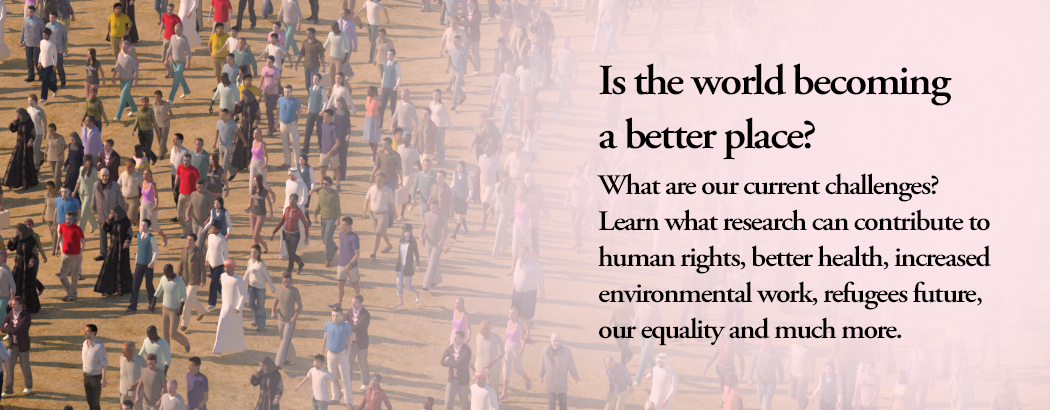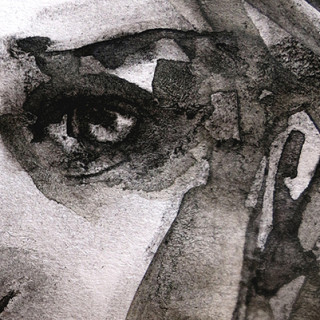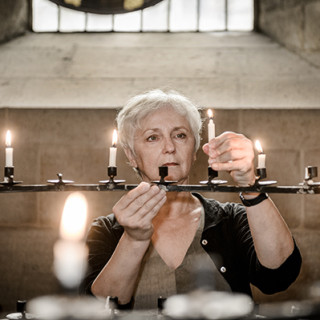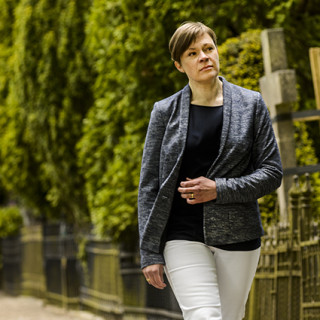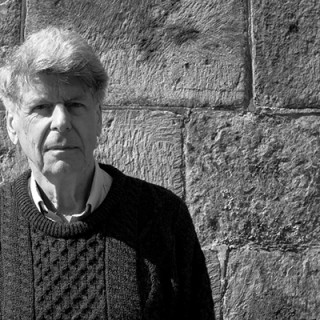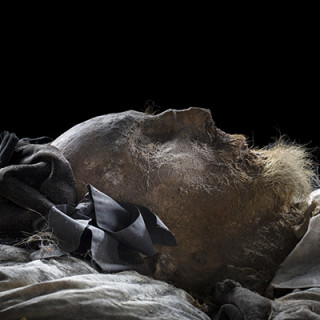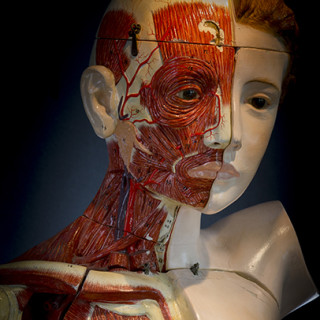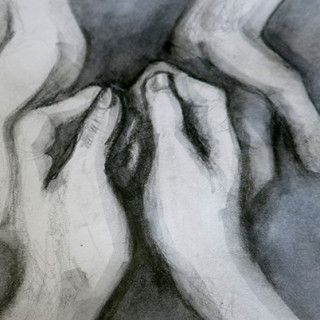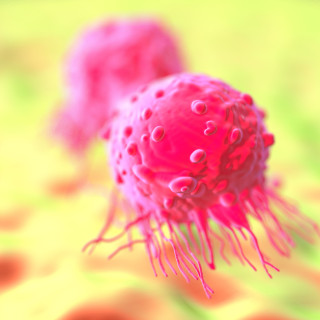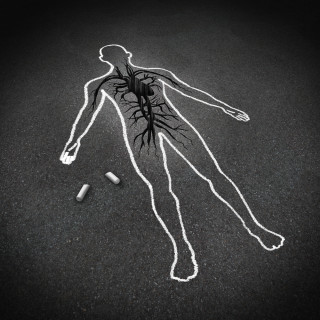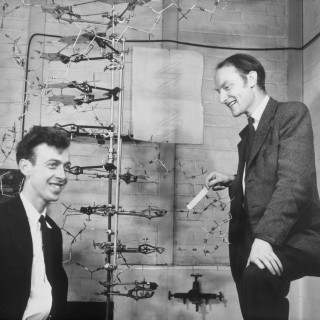Category: Medicine & health
When we get ill, surgery is sometimes our only option for restoring our health – if there is a surgeon who can operate, that is. In Sweden this is a given, but far from in all countries around the world. In African countries south of the Sahara, such as Sierra Leone, Zimbabwe, Liberia and Uganda,...
Uganda has become known for its strong condemnation of homosexuality, which is seen as something unnatural and “un-African”. Homosexual acts are against the law and can lead to long prison sentences. Yet, studies at Lund University show that homosexuality is as common in Uganda as in the rest of the world. The studies were conducted by Anette Agardh, reader in Global...
Are we witnessing a new form of death taking shape in our society? A death that puts the individual at the centre and imposes new demands on three professional groups who encounter death: doctors, undertakers and priests. Professor of Ethnology Lynn Åkesson has been dealing with this question for many...
You can’t take anything with you when you die. Perhaps you should think about how your property will be distributed after your death and what this means for your surviving next of kin. Are the statutory rules on inheritance sufficient or should you write a will? This depends on your...
Opinion: Göran Hermerén, Professor emeritus in Medical ethics, Lund university The heading “The right to my own death” immediately raises three questions: is there such a right? What is it based on? Could it come into conflict with other people’s interests or rights? The central ethical research questions in this...
The mummy of Peder Winstrup is one of the most well-preserved bodies from the 1600s. Initial examinations made a sensational discovery: the inner organs are still there. This provides unique opportunities to learn more about people living in Lund in the 1600s. “We can now establish that Winstrup’s mummy is...
An organ donor can save the lives of up to eight other people. In spite of this, the current number of organ donations is not sufficient to meet existing needs. One problem is that not all possible organ donations are carried out. And one of the reasons for this is...
End-of-life care – palliative care – means improving the quality of life for patients and their next of kin by preventing and relieving suffering in the final stages of life. Around 90 000 people die in Sweden every year. According to the National Council for Palliative Care, Sweden has a...
The first ultrasound images were of a heart beating. Now the technique also allows doctors to see in great detail what is happening in the womb. With 3D ultrasound, it is possible to see a ‘portrait’ of the foetus, which can be used to study possible deformities. Ultrasound has a...


